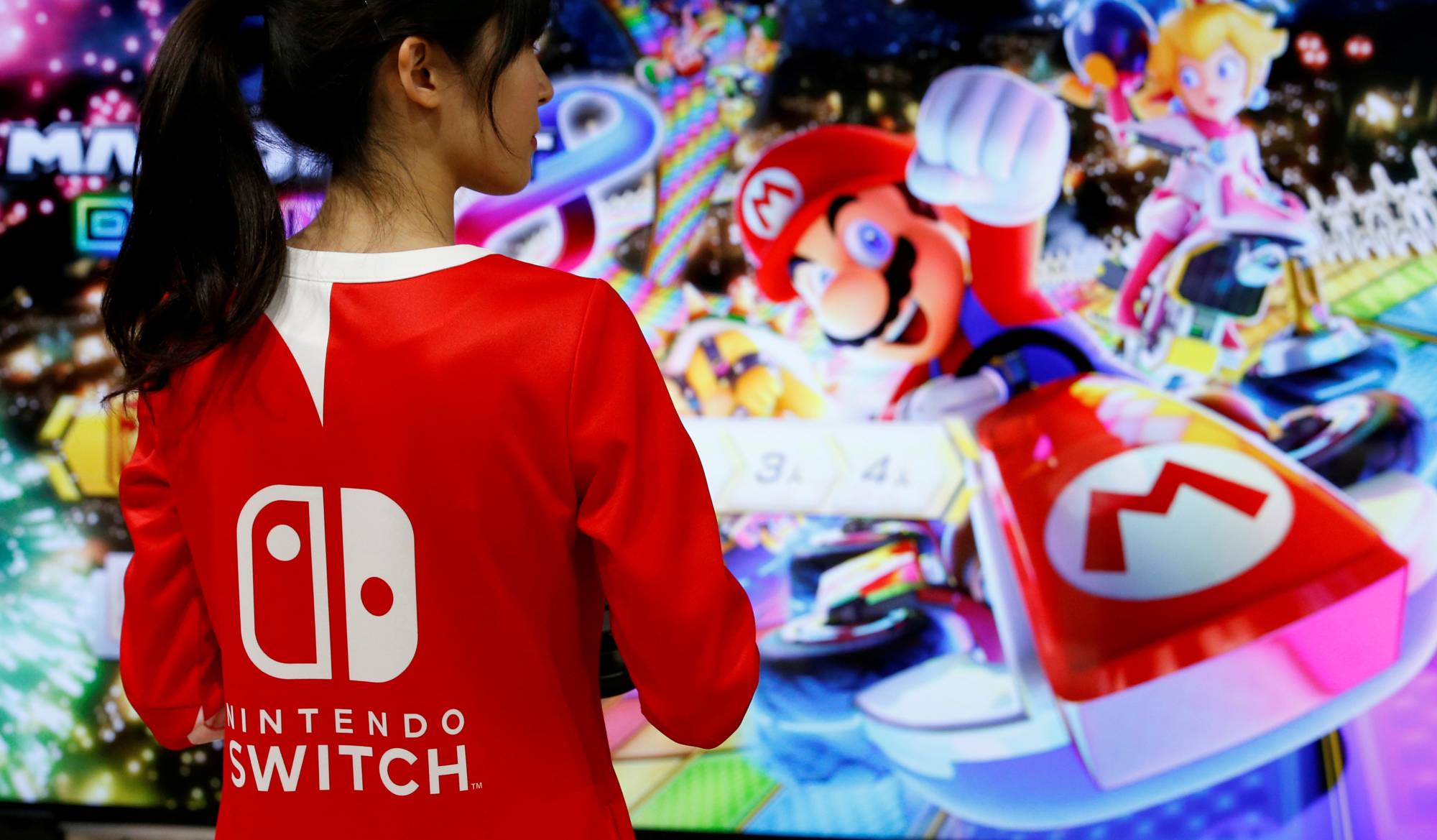On Jan. 18, tech giant Microsoft announced plans to acquire Activision Blizzard Inc. for $68.7 billion in a deal that would include smash-hit franchises such as Call of Duty, Warcraft and Candy Crush.
Later that same month, Sony acquired game studio Bungie, creators of first-person shooter Overwatch and the original studio behind Halo, in a deal worth $3.6 billion.
Both acquisitions are significant in their own way, but some in the industry are now wondering where such expansionist moves leave Japanese rival Nintendo?



















With your current subscription plan you can comment on stories. However, before writing your first comment, please create a display name in the Profile section of your subscriber account page.